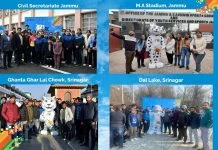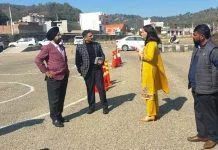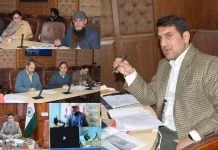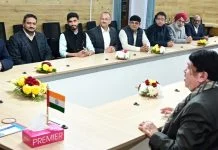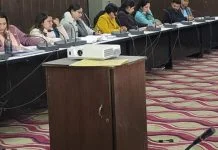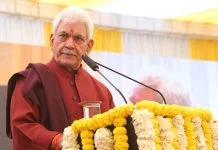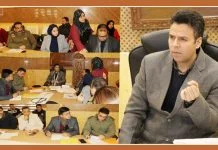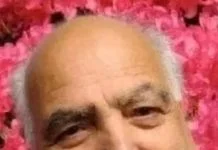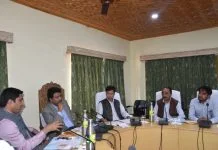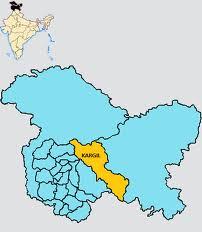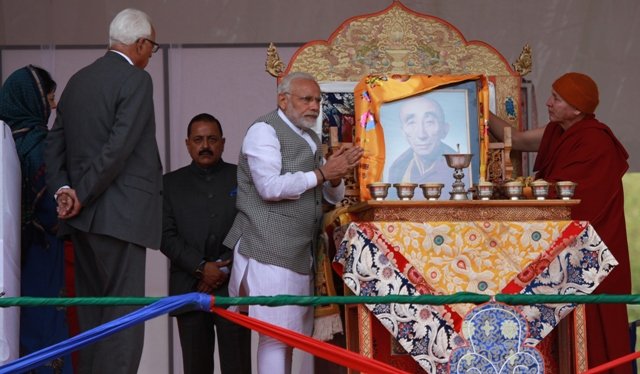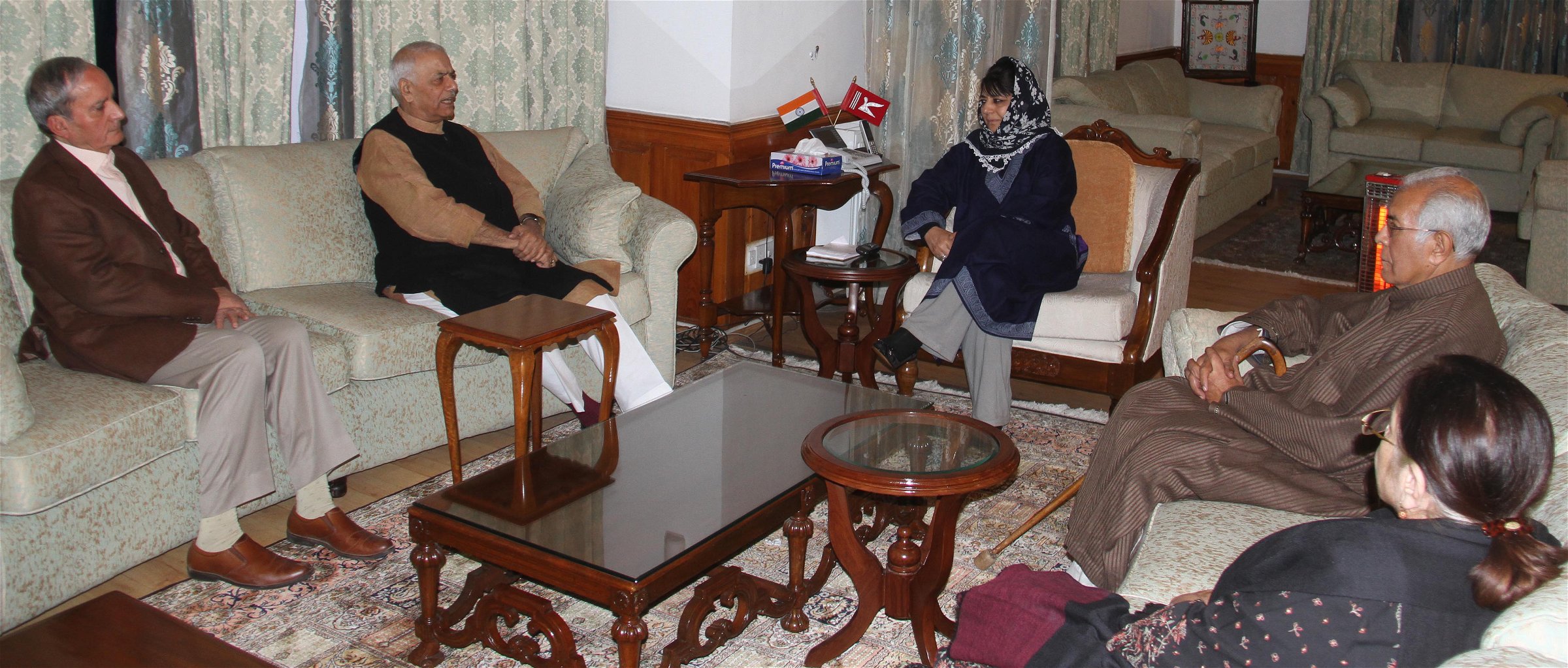Chief Minister, Ms Mehbooba Mufti has stressed the need for reviving the peace and reconciliation process within the State and the region to ensure resolution of the issues through a sustained and productive dialogue.
Interacting with the visiting team comprising Mr Yashwant Sinha, former Union Minister, Ms Sushobha Barve, Executive Director, Centre for Dialogue and Reconciliation (CDR), Air Vice Marshal (Retd) Kapil Kak and Mr Bharat Bhushan, former Editor and senior journalist, here last evening, the Chief Minister called for a sustained dialogue with all the stakeholders in Jammu and Kashmir to address the challenges confronting the State on security, political, economic, developmental and administrative fronts.
Calling for immediate de-escalation of the situation along the borders, the Chief Minister urged the visiting delegation that ways and means shall have to be explored immediately to bring an end to the sufferings of J&K’s hapless people subjected to immense miseries over the past few months because of the continuous cross-border shelling and escalation of violence in Kashmir. She said the vicious cycle of death and destruction confronting the State and the region must end at the earliest and serious efforts should be made at the political and civil society levels to revive the peace and reconciliation process for the larger good of the people who are sandwiched in a deadly and painful situation.
The Chief Minister said whatever the reasons for hardening of stances and attempts by the vested interests to subvert the peace process, there is, however, no substitute to the policy of engagement and reconciliation as was done in 2003. She said the prevailing challenging situation along the borders in Jammu and Kashmir and within the mainland necessitates the urgency of reviving the composite dialogue process, involving all the stakeholders.
Ms Mehbooba said the significant reconciliatory measures taken between 2002 and 2005 in and around Jammu and Kashmir, both on internal and external fronts, had not only helped improve the security scenario in the region, but these had positively impacted the situation within the State as well. “The ceasefire of 2003, had not only given the much-needed relief to the people living along the borders, but it had, as well, provided the broader umbrella for the peace process to take roots and flourish,” she said and added that the 2003 ceasefire brought, after decades of tension and destruction, relief and normalcy into the lives of people residing in the State’s forward areas from Kathua to Kargil and “at the same time it also made historic confidence building initiatives like opening up of LoC for bus service and trade possible in J&K.”
“After over decades of agony, we had started seeing a ray of hope in the peace process between 2002 and 2005, which, unfortunately, is under severe threat today because of the escalation of the situation,” she said and expressed the hope that the dark shadows of pessimism cast over the peace and reconciliation process will not jeopardize the region’s security and stability as any such scenario would have disastrous and colossal consequences for the people living in the region.
“We in Jammu & Kashmir yearn for peace as we understand better what the ordeal of violence is, as it has been our fate to live through and survive its frightening, deadly and painful hazards,” Ms Mehbooba said and added that for the people of Jammu & Kashmir, suffering more than two decades of turmoil, has been a long, dark experience, bloody at times and frustrating at almost every step. “For the people of Jammu & Kashmir peace along the borders and within the mainland is of immense significance and I hope the political leadership of the two countries treats it with the same spirit,” she said and called for productive political engagement at various levels for the resolution of the problem so that the people of Jammu and Kashmir can reap the benefits of the economic progress sweeping the country and the region.

